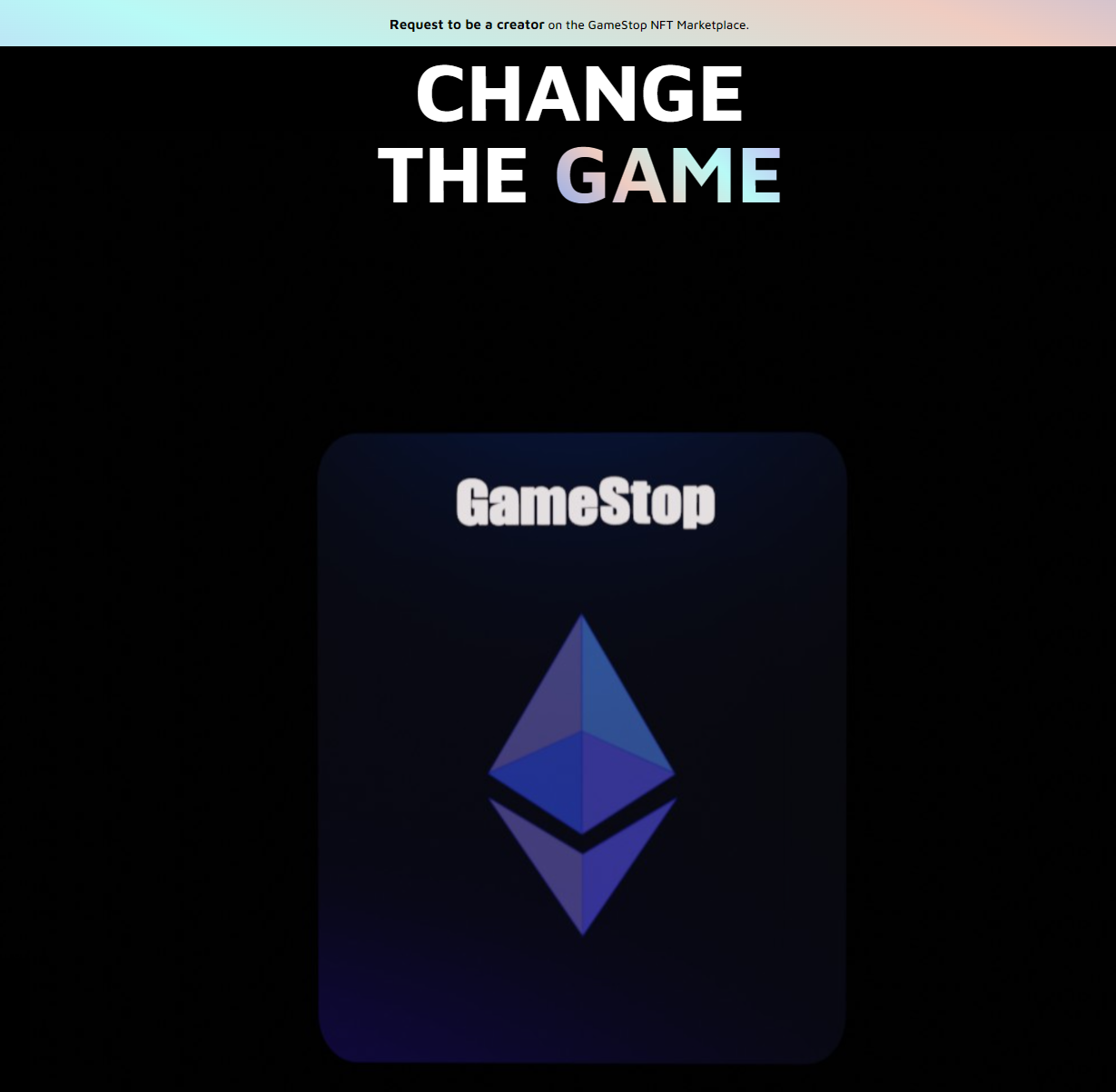A hot potato: It seems that like an unrelenting tsunami destroying everything in its path, nobody can stop NFTs from becoming a part of mainstream games. GameStop is another entity jumping on the money-making bandwagon, having reportedly created a team to develop an online marketplace for virtual goods that will include in-game items.

According to the Wall Street Journal, GameStop has put together a 20-strong team to focus on NFTs and crypto. It is reportedly in talks with cryptocurrency/blockchain companies and game developers/publishers to push forward with its plans and integrate non-fungible tokens in games, with a marketplace launching later this year.
GameStop is also reportedly in discussions with partners about creating a number of funds, of up to $100 million each, to invest in NFT content creators and gaming companies.
Turning to virtual items and cryptocurrency is thought to be part of GameStop’s attempt at turning around its fortunes. The firm has been suffering in recent years as more consumers opt for digital versions of games over their physical counterparts. The rising popularity of game subscriptions services and streaming is also impacting sales.
GameStop launched a dedicated NFT website last year, though it currently only offers people a way to become a creator on its upcoming NFT marketplace.
CNBC reports that the company’s share price had been falling for the past month and a half but was up 22% following the Wall Street Journal report.
Non-fungible tokens in games is proving a more controversial topic than the loot box saga of 2017, when it was discovered that it would take 4,528 hours of gameplay (or $2,100) to unlock all base-game content in Star Wars Battlefront 2. Stalker 2 devs abandoned NFT plans for the upcoming game due to the backlash, and Ubisoft’s Quartz platform announcement video saw a deluge of dislikes; it also appears that nobody is buying the Ghost Recon NFTs.
However, Ubisoft isn’t backing down from NFTs, while Konami and Square Enix have announced their intention to embrace non-fungibles. The only industry player to speak out against them is It Takes Two director Josef Fares, who said he would rather get shot than add NFTs to his games.
https://www.techspot.com/news/92892-gamestop-shares-jump-22-back-plans-embrace-nfts.html
